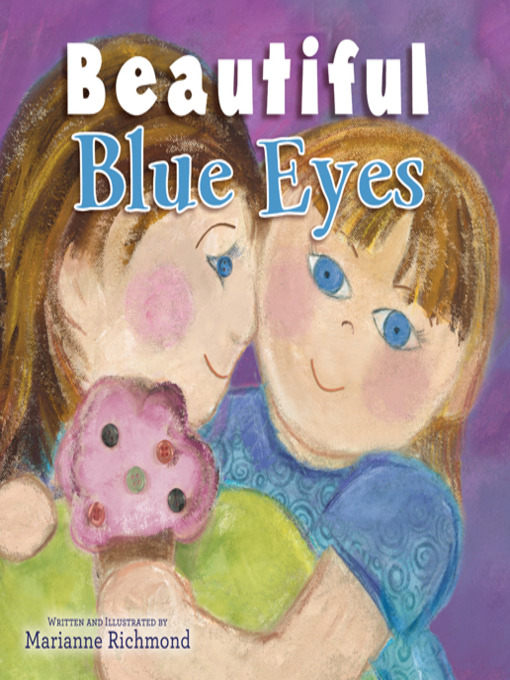A child's eyes truly tell wonders, revealing personality, thoughts and feelings of the heart. Beautiful Blue Eyes, a sweet story with engaging illustrations, celebrates the unique spirit of the blue-eyed boy or girl.
I watched, and I waited
as your eyes chose their hue,
deciding in time
on their beautiful blue.
Blue as a butterfly wing
or the sparkly sea.
Blue as the birdy
singing in her tree.



